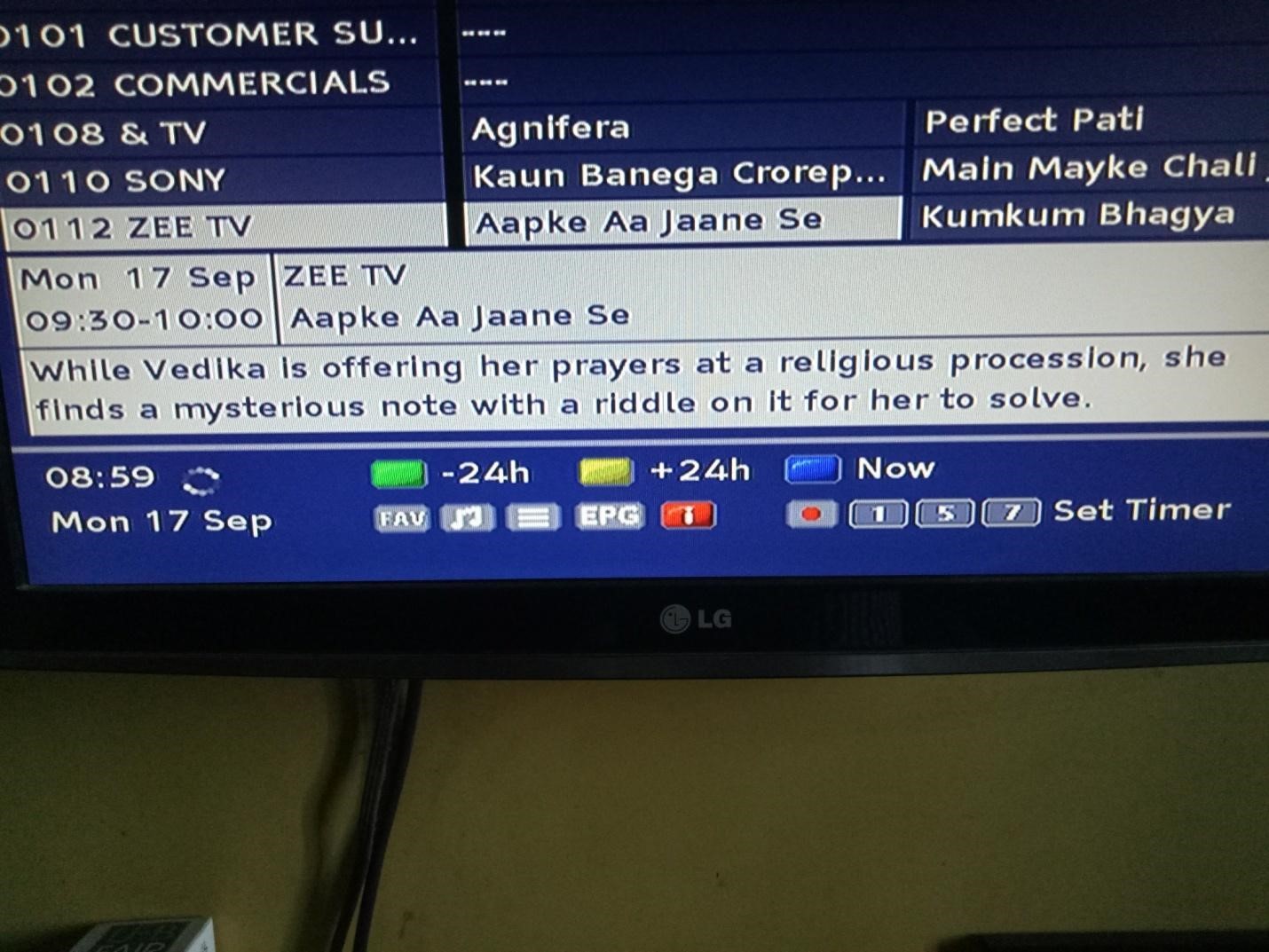It is a habit for many of us to read the episodic synopses of our favorite TV shows on TV screens. Some of us go to the websites of TV channels to read their synopses. Another option used by a few is to open the apps of these TV channels and read the episodic synopses there. There are a few companies in the world, which specialize in churning out episodic synopses for a whole host of TV shows. Have we ever wondered who is responsible for writing episodic synopses? Have we ever pondered what goes into the process of training people for writing episodic synopses?
Given below are some steps to train people to write high-quality episodic synopses:
1. Motivation of writers
It is necessary for a senior to regularly motivate personnel involved in writing episodic synopses. Writing episodic synopses is not a piece of cake and required an immense amount of mental investment on the part of writers. Seniors can motivate junior writers by praising them for their good-quality synopses. Also, seniors must take junior synopsis writers for team dinners/lunches. Such activities play a role in motivating junior synopsis writers and in making their experience as synopsis writers positive.
2. Watching the whole episodes
Often, junior writers tend not to watch the whole episodes of TV shows. They tend to fast-forward and pen synopses based only on the first few minutes of episodes. That is a strict no-no. Writers have to be told and trained to watch the entire episode carefully as if it is a movie and subsequently pen a compelling synopsis.

This is how a TV synopsis looks like!
(Source: Author of the blog)
3. Crisp sentences and synopses
Almost all the key happenings of an episode need to be reflected in the synopsis. This is possible provided the junior writer uses the character limit wisely. A junior writer needs to be told the importance of penning crisp sentences and using his space optimally. A writer needs to be trained to evict redundant words/phrases/sentences and soft phrases from his synopses. A writer must not use filler phrases/words in his synopses, which eat up valuable space. Examples of filler words are well, uh, um, ah, like, etc. Also, for the sake of divinity, the writer must desist from using words like ‘really’, ‘definitely’, ‘actually’, ‘so’, ‘etc’ in his synopses as they eat up precious space. Not using these words in an episodic synopsis frees up some space which enables a writer to add a bit more data to his synopses.
4. Maintaining the flow
Once a writer is on a roll with respect to writing episodic synopses, he should not take a break. He should continue to watch as many episodes and write as many synopses as possible while he is ‘in the mental zone’. Constant breaks are inadvisable in the pursuit of writing a large number of episodic synopses.
5. Episodic synopses are like a story
Junior synopsis writers must be told to watch episodes like they watch movies. They must be told to write synopses in an interconnected way. The synopses from one episode to another must have a natural flow.
6. Address Juniors’ Queries
A senior has to patiently address the queries of junior synopsis writers in the initial stages of their journey as synopsis writers. Developing that patience is an art in itself sometimes.
Writing episodic synopses is an art, which needs fine-tuning and honing over a period of a few months. Once a junior writer perfects the art, she will become an expert in this field.

